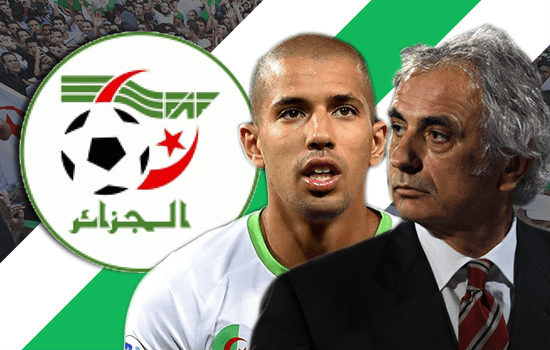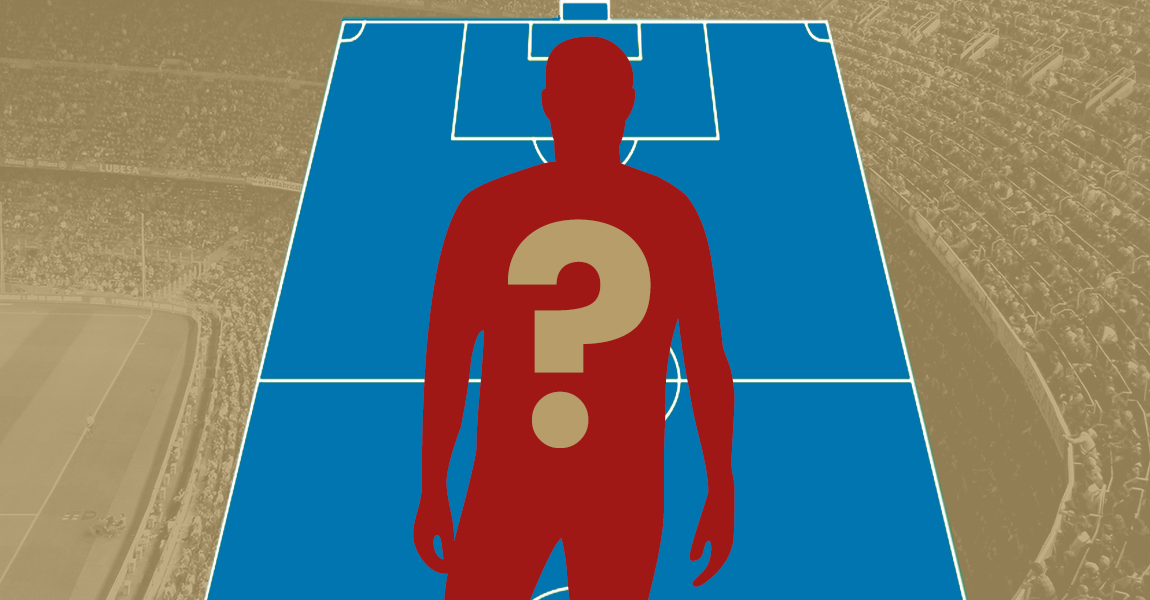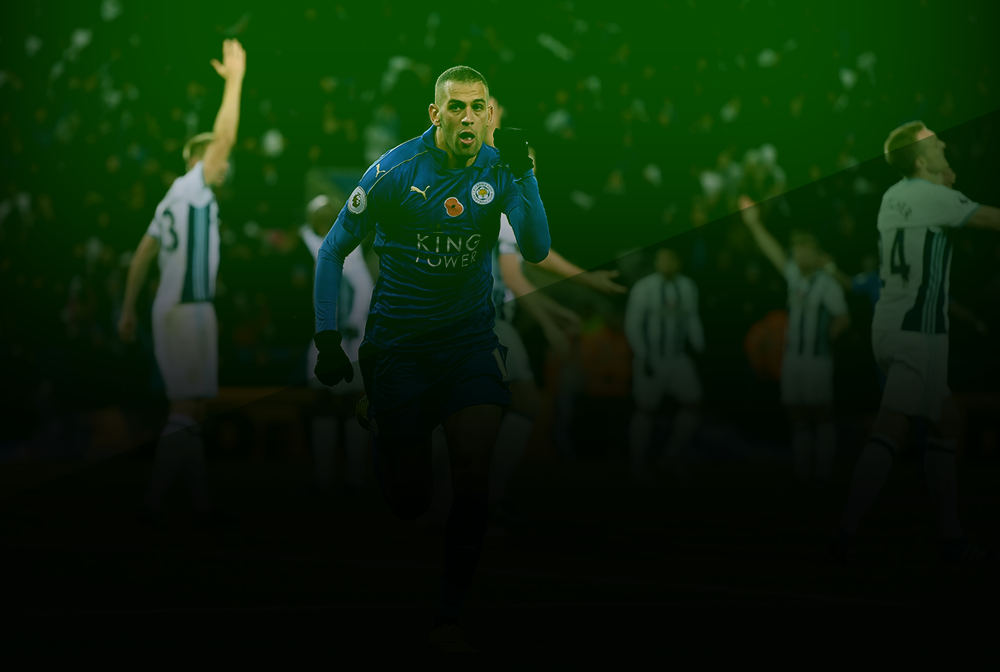As part of our World Cup coverage, we have interviewed journalists, correspondents, experts & writers representing each of the 32 countries to give you, the readers, a better understanding of the 32 nations participating in the 2014 FIFA World Cup. Here are the list of interviewees.

For this interview, focusing on Algeria, we spoke to Maher Mezahi. He’s an Algerian football expert with the Telegraph, ESPNFC & Al Jazeera. Follow him on Twitter @MezahiMaher.
Saphir Taider is quite a remarkable player, and should be the key man for Algeria. Will Halilhodzic build the team around him, or will he be a cog of a larger system?
Karim Ziani, Nadir Belhadj are examples of players erstwhile coach Rabah Saadane built the team around. One of the first things Halilhodzic did once getting the job was discard those bigger personalities and impose his system.
Though there are talented players in this new team (Taider, Feghouli), they are simply pawns in Coach Vahid’s system. They are not indispensable and are absolutely ‘cogs of a much larger system’.
Going forward, Sofiane Feghouli holds the key. How will he be utilised to unlock the opposing defences?
You’re right in saying that Feghouli holds the key. He is easily Algeria’s best player and offensive talisman. Coach Vahid places him on the right-wing where he is at liberty to take on opposing fullbacks or use his improved crossing to target the likes of Islam Slimani or Hilal Soudani. The majority of possessions will pass through Feghouli as a creative outlet.
The Algerian team have surely made some progress, qualifying for 2010 and now 2014. Some of their players are making an impact on European football as well now. Is there a systemic change in Algerian football that has enabled this?
What’s enabled such an improvement in such a short period of time is a change in FIFA legislation. The footballing body used to stipulate that youth internationals were not allowed to switch allegiances. In 2004 Algerian FF President Mohamed Raouraoua petitioned FIFA to change their regulations with respect to youth internationals. This allowed players like Anthar Yahia and Nadir Belhadj to switch from France U18 to Algeria U23s.
Then in 2009, Raouraoua took it a step further when he challenged FIFA’s rules that obligated a youth international to play for the same senior squad. He argued that uncapped players should play for whomever they desire irrespective of the nation they represented in their youth. Once again, he was successful.
The second amendment saw players like Hassan Yebda, Carl Medjani, Mourad Meghni, Sofiane Feghouli, Ryad Boudebouz all switch over to play for Algeria. To recap: Algeria’s improvement can be put down as their willingness to challenge FIFA statutes so that they could tap into their talented diaspora (namely in France).
How important is an experienced manager of that sort at such a big tournament? What can we expect in terms of tactical philosophy from the Bosnian?
Coach Vahid is mentally tough. He’s a civil war veteran with a headstrong mentality and disciplined methodologies. Captain Madjid Bougherra describes him as an, ‘authoritative but endearing figure.’ That kind of rigor and experience should help in Brazil.
With regards to his tactical philosophy, there are no secrets. He’s adopted a 4-3-3 or 4-2-3-1 depending on the opposition. Wing play is emphasized to make the most of the talent in that area. Defensively, Algeria press high and play a high line try to monopolize possession.
Although Islam Slimani impressed in qualifiers, none of the Algerian forwards really inspire confidence. So where are the goals expected from at the World Cup?
Islam Slimani and Hilal Soudani. Both are already in Algeria’s top 10 ever goalscorers despite only having been internationals for 2-3 years. Both are incredibly combative and imperious in the air. They are both unknown quantities, so they’ve been shortchanged in mainstream media.
Islam Slimani has displaced Fredy Montero at Sporting Lisbon as they qualified and for the majority of the season boasted the best goals-to-minutes ratio in the Liga Sagres despite it being his first season in Europe. Soudani was recently voted the Croatian league’s best player as he scored 16 goals from the wing. Underestimate them at your own peril.

We at Outside of the Boot track the progress of youngsters under our #TalentRadar feature. Our focus is on Saphir Taider and Nabil Bentaleb. What role do you see the duo playing at the World Cup? Can they make a significant impact?
Saphir Taïder was instrumental in qualifiers and you’d bet on him starting all three matches. He fulfills an important box-to-box role in Coach Vahid’s system. Not only does he have the energy to break up play in midfield, but his endurance allows him to make important late forays into the penalty box. He has scored 3 goals in 7 starts and all of them came from a late run into the box.
Bentaleb’s role in Brazil is less certain. He’s definitely a gifted player, but he hasn’t played much in these last two months for Tottenham Hotspur. His competition is stand-in captain Medhi Lacen who was instrumental to Getafe’s run that kept the Madrid club from relegation. If he does feature, Bentaleb will bring an element of calm and maturity on the pitch. His neat and tidy passing is conducive to the possession style Algeria try to play.
Group H is quite possibly one of the most open groups at this World Cup. No clear favourites exist, no traditional contenders as such. Can Algeria fancy their chances? How far do you realistically see them progressing?
Yes, everyone associated with the Algerian national team believes that this team has the capabilities to pass the first round. Algeria have players playing at some of the biggest clubs in the world (Porto, Valencia, Sporting, Inter, Tottenham, Napoli etc.), so we have no envy for anyone else.
Realistically the team is inexperienced so I think they might just miss out on the Round of 16, though I would not be surprised if they did finally pass the first round.
Read all our World Cup Interviews here, and all other WC2014 related content here.
























































